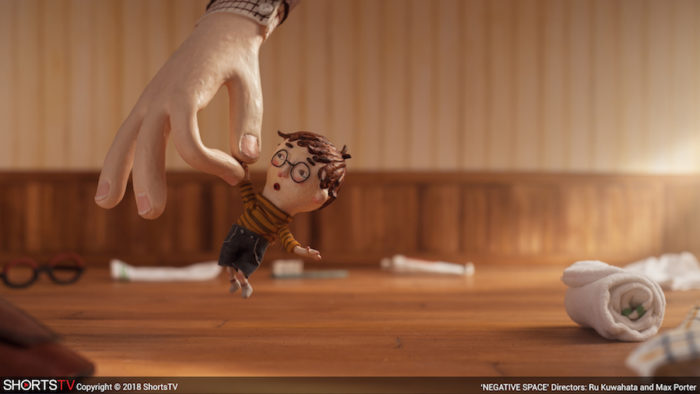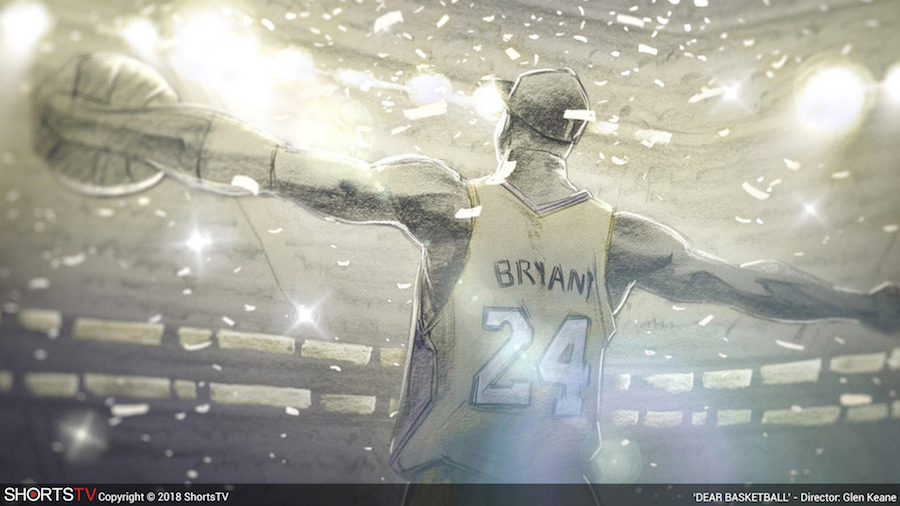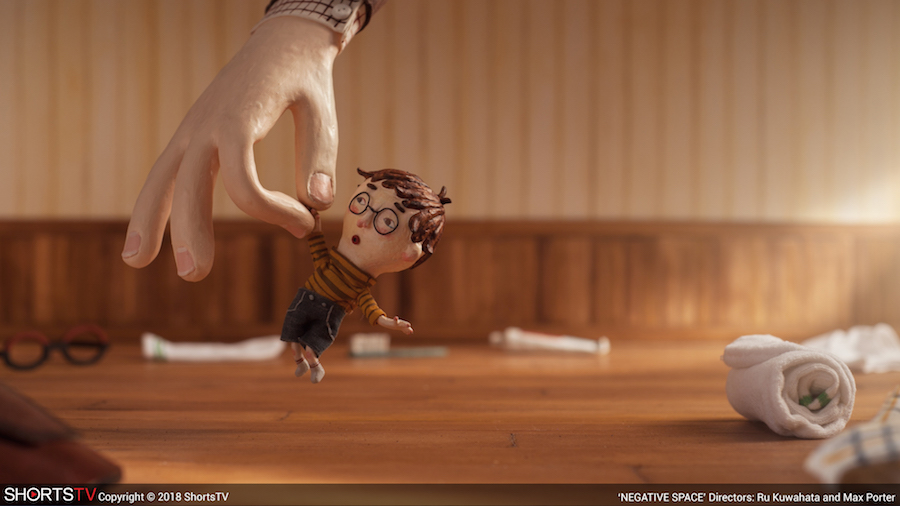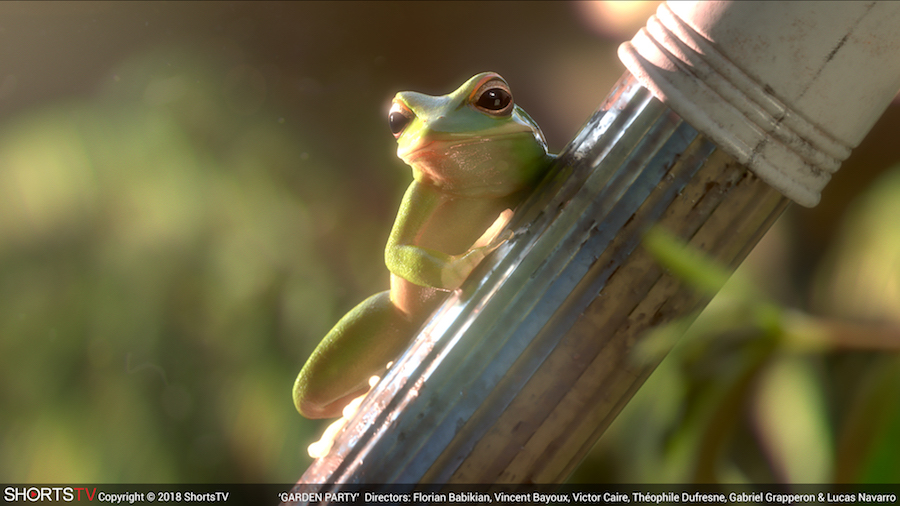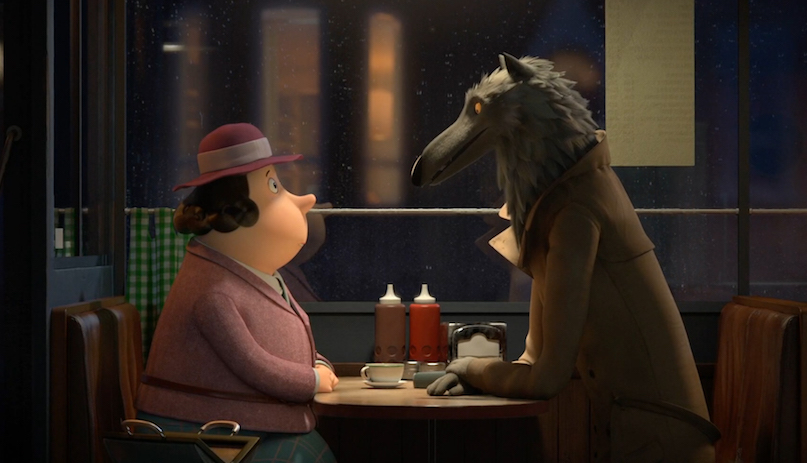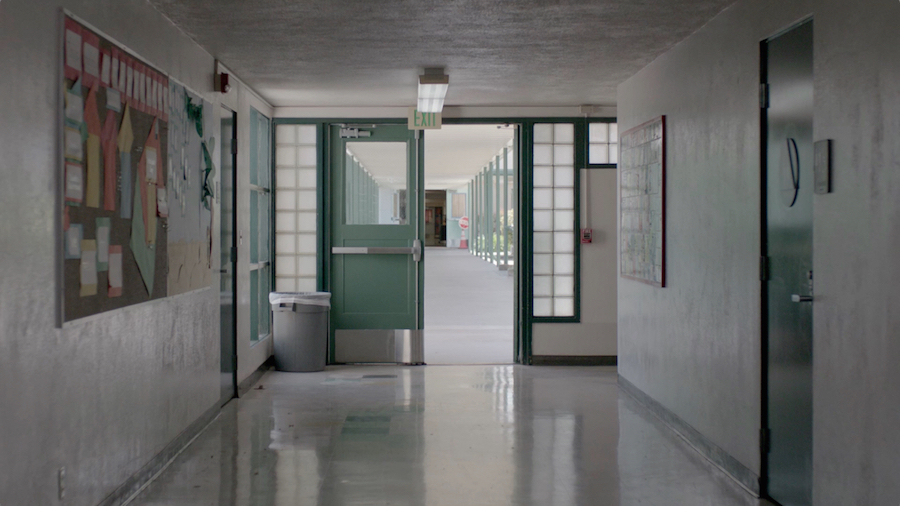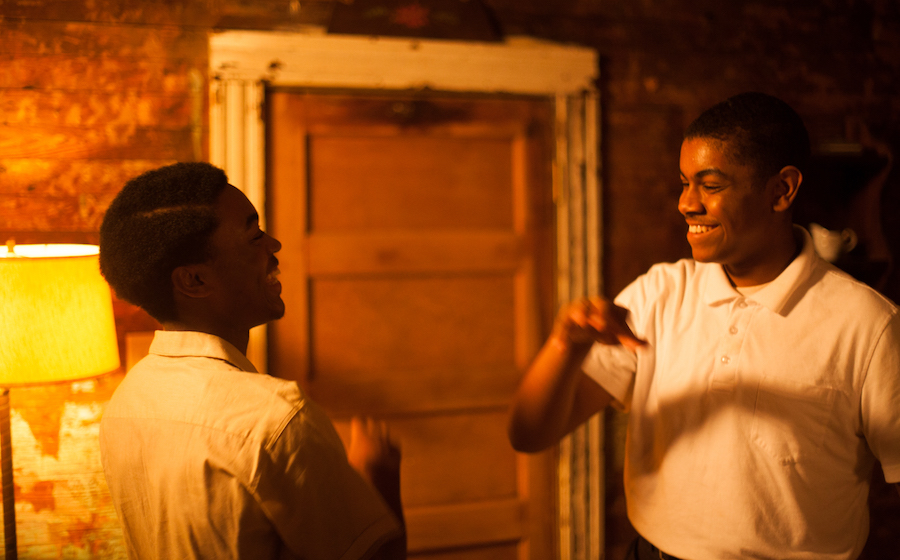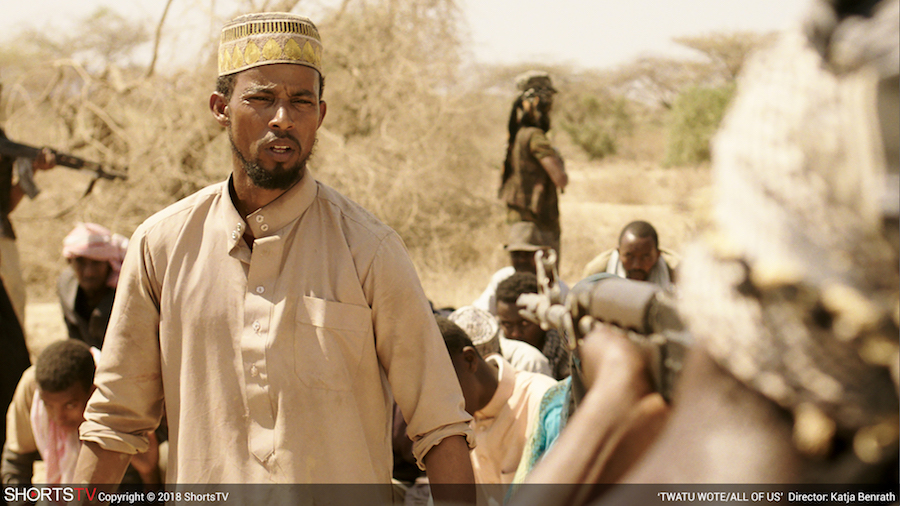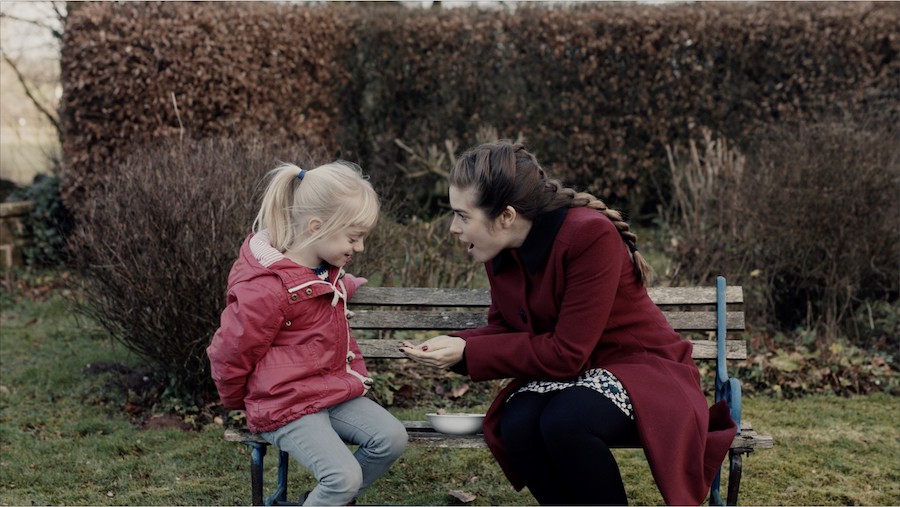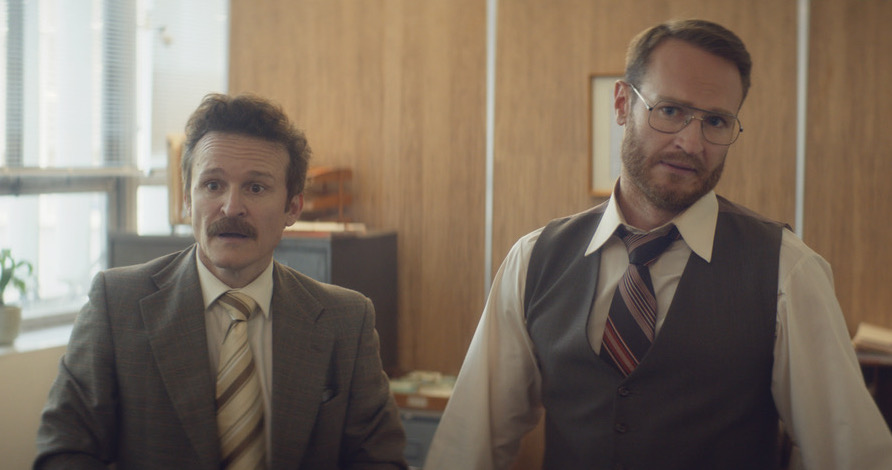Reviewed: The 2018 Oscar nominated short films
Laurence Boyce | On 25, Feb 2018
In some ways, the Oscar nominated short films are a good indicator of talent to watch out for in the future. As Three Billboards Outside Ebbing Missouri (probably) prepares for a large haul of shiny statuettes, one only has to look at ‘Billboards’ director Martin McDonagh who won an Academy Award in 2006 for his short and directorial debut Six Shooter. But as much as the Oscar Shorts are an indication of those who will become important names in the world of feature films, they are also a testament to the power of the short form. The ability to tell a compelling story in no more than 30 minutes is a rare one and the 2018 Live Action and Animation nominees are a rich and diverse collection of wonderful stories that are equally as powerful as their feature-length cousins.
With the Live Action and Animation nominees available in an online bundle for audiences to check out, we catch up with this year’s collection. (For more on how to watch the Oscars ceremony online legally in the UK, click here.)
Animation
Dear Basketball (USA, 5 mins)
Director: Glen Keane
Written and narrated by US basketball star Kobe Bryant, Dear Basketball is a moving eulogy to a careerm based on a letter written by Bryant when he announced his retirement in 2015. The film juxtaposes the hopes of Bryant as a child, as he dreams of the day when his passion for basketball can be fulfilled, with the reflections of an adult Bryant, as he examines his triumphs and soon-to-be-finished career. The animation style – pencil drawings rotoscoped over live action footage – evokes childhood innocence alongside the hard work of a professional athlete and the whole thing is topped off by a sweeping score by none other than John Williams. The allegations of sexual misconduct that have dogged Bryant throughout his career do add a slightly uncomfortable context to the evocation of innocence and determination, but, in and of itself, Dear Basketball is an accomplished and emotional piece of work
Lou (USA, 7 mins)
Director: Dave Mullins
Lou, aka. ‘the obligatory Pixar nomination’, was originally appended to the release of Cars 3. It’s a typically slick and well done affair about a bully who learns that stealing other people’s things is just not the right thing to done. With no dialogue, there’s a gently pleasant air of the surreal about the film – as our bully protagonist is confronted with something he didn’t quite expect that soon makes him change his ways – while the animation is as bright and colourful as you would expect from a Pixar effort. A solid and effective animated short.
Currently unavailable on UK VOD.
Negative Space (France, 6 mins)
Directors: Max Porter, Ru Kuwahata
This French puppet animation is a deceptively simple film that is a reflection on the relationship between a father and son that was defined by packing suitcases. Based on a poem by US author Ron Koertge, the film is dryly funny, as it explores the little and special moments of communication between a father and child and shows how seemingly insignificant things can actually carry great importance. The final scene is both moving yet witty – a eulogy for times gone, as well as a celebration of knowledge passed down from one generation to another.
Garden Party (France, 7 mins)
Directors: Florian Babikian, Vincent Bayoux, Victor Caire, Théophile Dufresne, Gabriel Grapperon, Lucas Navarro
A group of amphibians find their way into a deserted mansion and decide to hold a party. But where are the human inhabitants? It soon becomes apparent that something strange has happened. But who cares when there are lights to be lit and music to be played? Ostensibly, this is a whimsical affair, with our green protagonists taking over a world normally reserved for humans. Yet, in this film with no dialogue, there’s also an air of mystery and suspense, as clues are left to exactly why this place is left at the behest of the amphibian interlopers. The final moments shift between humour and shock, as the indifference of nature to the foibles of human behaviour is laid bare. Another very accomplished work of CGI, Garden Party is a clever use of the short form.
Revolting Rhymes (UK, 29 mins)
Directors: Jakob Schuh, Jan Lachauer
Based on Roald Dahl’s twisted re-imaginings of fairy tales of old, Revolting Rhymes features the likes of Dominic West, David Walliams, Rob Brydon and Tamsin Greig among its voice cast. This will be perhaps be the most familiar (to UK audiences at least) thanks to screenings on BBC television over the 2016 Christmas period and – at clocking in at half an hour – it does feel slightly disconnected from the rest of the short and snappy animations in the nominees list. But this does not take away from the fact that it remains a darkly funny and well-made piece of work and a longer running time never did Wallace and Gromit, whose adventures won Oscars in 1993 and 1995, any harm.
Live Action
DeKalb Elementary (USA, 20 mins)
Director: Reed Van Dyk
Uncomfortably prescient in light of recent events in Florida, Van Dyk’s film is based on a real life account of an attempted school shooting in Atlanta, Georgia. Essentially a two-hander, the film sparkles with powerful performances from Bo Mitchell, as the hulking possible shooter, and Tarra Riggs, as the school secretary trying to resolve the situation. It’s an often tense film, with Van Dyk effectively giving an air of claustrophobia and mounting fear but it’s also a clever paean to the power of human communication and understanding.
My Nephew Emmett (USA, 20 mins)
Director: Kevin Wilson Jr.
In 1955, a Mississippi preacher tries to save his nephew from racists who are out to avenge what they see as an unforgivable wrong. Wilson, Jr. creates an accomplished and tense film – based on a true story – which utilises darkness and palpable heat to create a tense and sometimes uncomfortable tone. There’s a sad sense of inevitability about the fates of the characters here as well as a frustrating air of powerlessness in the face of both bigotry and a society indifferent to the fates of those seen as ‘lesser’. Even based on a story occurring more than 60 years ago, the true tragedy of the film remains the fact that not as much has changed as we would hope and – that unless we learn from the past – stories like this will keep being told.
Watu Wote [All Of Us] (Germany / Kenya, 23 mins)
Director: Katja Benrath
The run of films based of real-life stories continues in this examination of the circumstances in Kenya, when, in an atmosphere of animosity between Muslims and Christians, a bus is attacked by a terrorist group and Muslim passengers prove that solidarity is possible. The film comes with a sparkling reputation on the festival circuit – with numerous awards including a Gold in the Student Academy Awards – and it’s a powerful piece of work. Director Benrath juxtaposes the claustrophobia of the bus with the wide open spaces of the African desert and creates a uncomfortable atmosphere with mutual mistrust and hatred bubbling under the surface, waiting to explode. While in many ways tragic, the ending of the film also gives a glimmer of hope to human understanding and the sacrifices we can make for each other, no matter what our differences may be.
The Silent Child (UK, 20 mins)
Director: Chris Overton
This earnest short features a nanny caring for a deaf child whose needs are ignored by her family. While this film does sometimes tip into realms of the naïve and the didactic, feeling more like a public service announcement than a film in its own right, there is no doubting that its heart is in the right place, with director Overton creating a genuine plea for better treatment of hearing impaired children. There are some also some convincing performances, especially from Maisie Sly as Libby, the girl whose only wish is to be both understood and listened to.
The Eleven O’Clock (Australia, 13 mins)
Director: Derin Seale
Short films can often work as a sketch, a fact proven by this Australian effort in which two people – one a psychologist, the other a delusional patient who thinks he’s a psychologist – find themselves in a battle of semantics trying to prove the other wrong. This is a playful short, with the film toying with the audience as much as the main characters do with each other and the two strong central performances go a long way to making this film a satisfying affair. It occasionally feels a bit theatrical, but there’s enough fun here to make this a welcome relief from the more serious themes offered by the other nominees.
Documentary Shorts
The nominees for Best Documentary Short are also available to watch separately online through the following platforms.
Edith+Eddie
Watch on iTunes
Heaven Is a Traffic Jam on the 405
Watch on YouTube
Heroin(e)
Watch on Netflix UK
Knife Skills
Watch on iTunes
Traffic Stop
Watch on PBS


